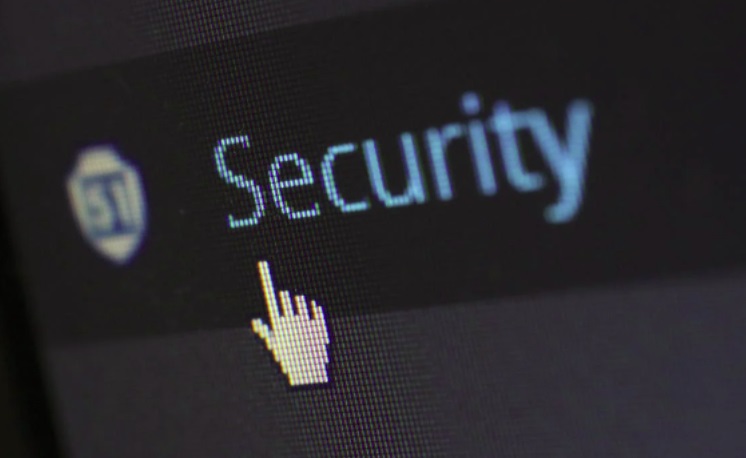Tips for keeping your data safe online
New research has revealed over 2,200 attacks every day, which means every 39 seconds someone's data is at risk. That's not to say that you shouldn't enjoy the internet, you just need a few tactics to help with your online privacy.

Be smart with your passwords
The most common passwords in the world are '123456' or the word 'password', according to Express VPN's infographic on global passwords. In America, 'iloveyou' is commonly used and in Germany 'passwort' is the most common password.
The same study, which was carried out in collaboration with Pollfish found that out of 1,000 US adults most of them used the same password for at least six other platforms too.
In addition to this, just under half said that a loved one would be able to guess their password, and 40% said it was made up of their first or last name. Despite these poor cybersecurity practices, over 80% of the survey respondents said they were confident about their current passwords being able to keep information and data safe.
While choosing a phrase that's easy to remember might sound like a good idea, it also makes the password easy to guess and, therefore, hack. In order to combat this, experts say you should choose a mixture of numbers, letters, and symbols and try to create a password that has at least 12 characters.
Coming up with a word that isn't grammatically correct or isn't in the dictionary can also make it harder to guess. Your password shouldn't be connected to any personal information and changing it regularly is another way you can protect your data on the internet.
Be wary of public networks
Today, we can access the internet from wherever and whenever we want. In fact, there are over 5 billion internet users every single day and more than 4 billion use their mobile phones to access the internet on the go.
This is partly down to public networks allowing us access to the internet when we're out. However, if you're viewing personal information or using bank details and addresses, you might want to wait until you're somewhere that has a secure connection - like your home.
Those networks in coffee shops, gyms, or as you wander around stores are all public and, as Make Use Of explains it's easy for hackers to access them. If you do need to use a public network, having a protective firewall installed can help - as can limiting what you do on it.
Be clear about your browsing
There are nearly 199 million active websites on the internet and, as you browse them, different companies will be tracking your browsing activity.
This is really common and can help with remarketing of products, allowing companies to show adverts to you that they think you'll be interested in. You won't know that you're being tracked though, which means you don't know which organizations are doing it.
Some companies are more prevalent at tracking than others though - namely Google. Latest figures have even revealed that Google accounts for more than half of the top 20 internet trackers. In fact, they have a tracker on more than 80% of web traffic.
You are able to opt-out, though, and there are also apps that deny companies from tracking you, according to CNET. It's also a good idea to be wary of the sites that you visit, files you share, and communications you make online. Any time data, of any kind, is shared over the internet, your personal information is being used.
Unfortunately, as technology advances, so too are the attacks from hackers. However, if you stay committed to setting strong passwords and keeping your information secure, you can have extra peace of mind whenever you're online.